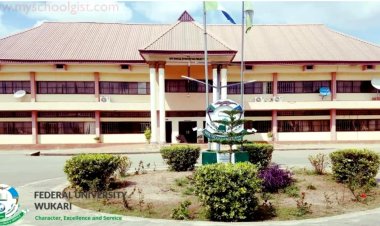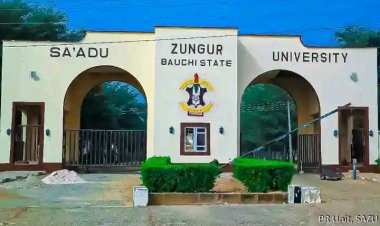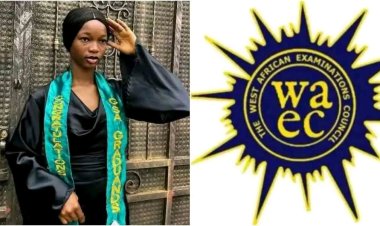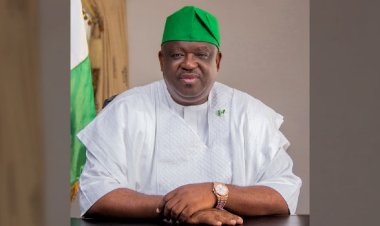Stakeholders, Policy Makers Advocate for Inclusive Education for Women, Girls in Bauchi
Policy makers, Experts, Women and other Stakeholders in Bauchi state have advocated for inclusive education for women and girls with a view to identify challenges, share best practices and develop recommendations for promoting inclusive education practices.
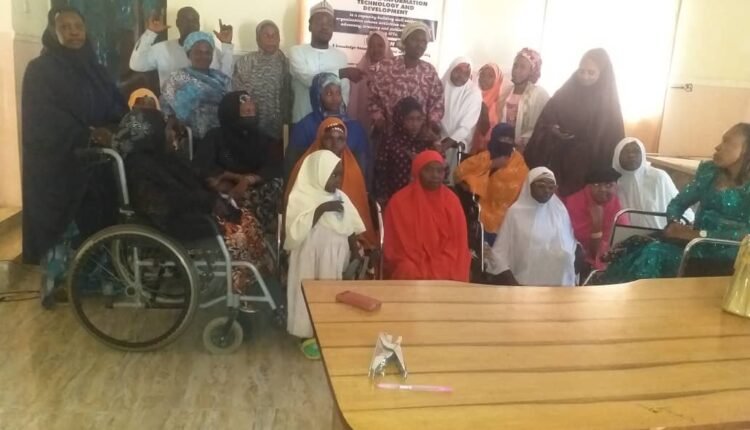
Policy makers, Experts, Women and other Stakeholders in Bauchi state have advocated for inclusive education for women and girls with a view to identify challenges, share best practices and develop recommendations for promoting inclusive education practices, at a roundtable discussion on Inclusive Education for Women and Girls with Disabilities organized by Bauchi Office of the Centre for Information Technology and Development (CITAD) in Bauchi
The participants hampered on several challenges that hinder inclusive education for women and girls with disabilities as well as the debate on whether segregated schools or inclusive schools were suitable for students with disabilities.
According to a communique at the end of the meeting, it was observed that not all teachers are adequately trained to implement inclusive education practices, hence the need for teacher training to ensure that all students, regardless of their abilities, receive the support and resources they need to succeed.
See Also: CITAD advocates inclusive education for women, girls with disabilities in Bauchi
The communique which was signed by MS Larai Bishams of SUBEB Bauchi, Asma’u Yahya – Executive HDI, and Director WDIDI, Maryam Ahmad, emphasized on the importance of addressing societal stigma for creating a more inclusive environment.
The communique also noted that many schools lack infrastructures and accessibility features to accommodate students with disabilities, a situation which create significant barriers to learning.
“Access to sign language interpretation is crucial for students who are deaf or hard of hearing. However, sign language interpreters are often in short supply, limiting access to education for these students.
” Governments play a critical role in promoting inclusive education through policy initiatives, funding, and support for teacher training and infrastructure development as well as the role of parents who have children with disabilities.
“However, some parents may face financial constraints or lack of awareness of inclusive education practices. Societal Stigmatization associated with disabilities can hinder the acceptance and inclusion of students with disabilities in schools and communities "The communique read.
Related: Nigerian Army Initiates Educational and Infrastructural Outreach in Nasarawa
It further stressed on the need for equipping students with disabilities with relevant skills for their future employment and independence, adding that skills acquisition programmes should be integrated into inclusive education curricula.
Some of the recommendations made by the participants included the provision of comprehensive teacher training on inclusive education practices, ensuring that all teachers have the skills and knowledge to support students with diverse needs.
Others are the need for increase in the availability of qualified sign language interpreters to ensure that students who are deaf or hard of hearing have equal access to education.
The participants urged state governments to adopt policies and allocate resources to promote inclusive education practices, support teacher training and infrastructure development, as well as provide parents with resources, training and support them to effectively advocate for their children’s educational needs and participate actively in their education.

 Nnenna Orji
Nnenna Orji 